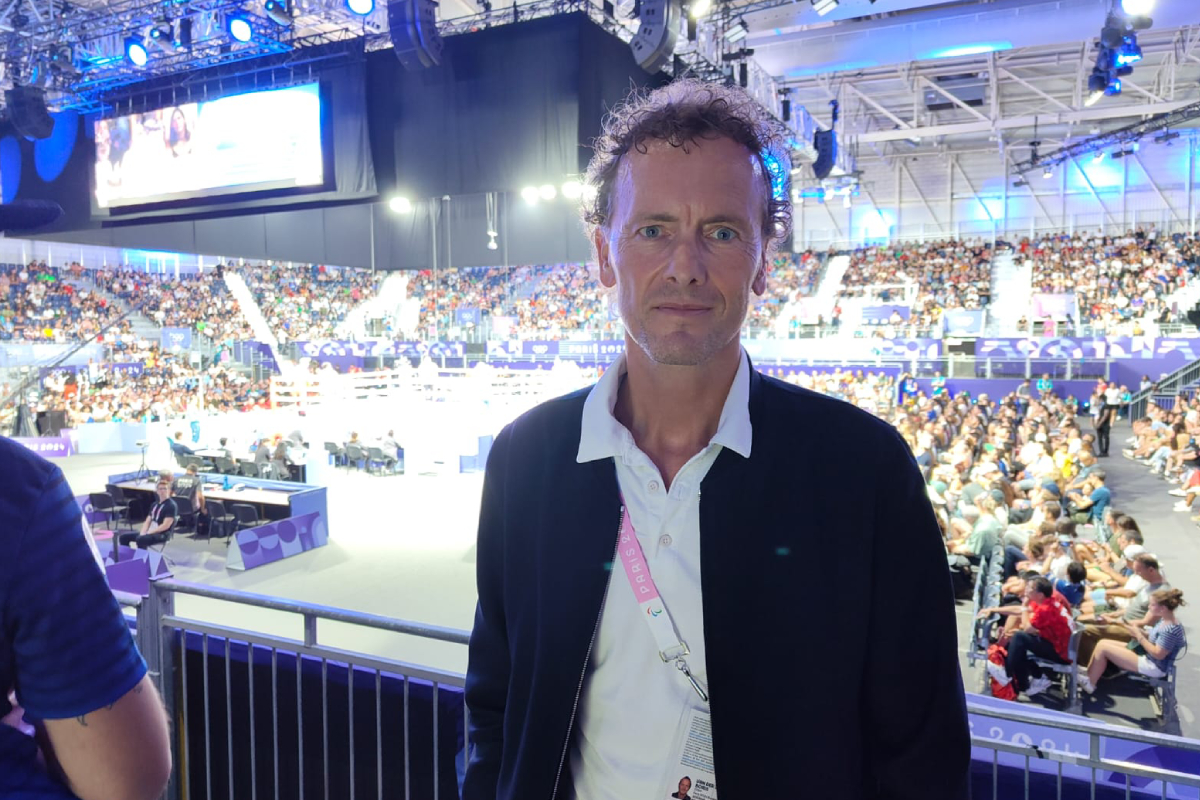The President of World Boxing (WB), Umar Kremlev, has expressed the importance of national federations joining the Olympic movement. He stresses that it's not just about funding or participation in a multi-sport event every four years. "Being part of an Olympic movement is crucial for the existence of the national federations," Kremlev stated.
He cited a recent visit to a boxing gym in India, where he witnessed the passion of young boxers. "I asked one of those boxers, 'What is your biggest dream?' He said, 'I want to be an Olympian for India. That's why we want to keep the Olympic dream alive for every boxer.'"
Kremlev also addressed the controversial issue of dubious refereeing decisions, stating that the WB is committed to ensuring fair officiating. "One of our focus areas is fair officiating so that the best boxer wins, not the most influential national federation," he said. He pointed to the boxing event in Paris as an example, highlighting the efforts made to reduce corruption through stringent management of officials and the use of technology to enhance transparency and fairness.
India's Pivotal Role
Kremlev praised India's recent decision to join the WB, calling it a "serious difference." "A boxing powerhouse joining WB is important. You can see that India is reaching out in their region to other national federations, to discuss with them the international developments and whether they could join WB. I think India should play a leading role in boxing both regionally and hopefully also globally," he said. He expressed his admiration for the leadership of the Indian National Federation, led by President Ajay Singh, who he believes is committed to the success of World Boxing.
Kremlev believes that India's participation could shift the power dynamic in boxing away from Central Asian nations like Uzbekistan and Kazakhstan. He emphasizes, however, that India needs to work hard to achieve this shift.
Transgender Athletes in Boxing
Regarding the inclusion of transgender athletes in boxing, Kremlev acknowledged the evolving nature of the situation. He stated that the Paris Boxing Unit (PBU) has been diligent in monitoring transgender athletes during competitions, and there have been no formal complaints. He emphasized the priority of ensuring the safety of all boxers, and highlighted that the WB is committed to further investigation and research by its medical commission to develop a comprehensive policy that prioritizes inclusivity.
Kremlev explained the rationale for allowing boxers to participate in IBA events, stating that the WB is in a transitional period and the long-term implications of recognition and participation remain unclear. "When we get professional recognition maybe then we will see," he remarked.
WB's Global Expansion
Kremlev highlighted the progress the WB has made in expanding its reach globally. He emphasized the strong presence in the Americas, with national federations from Argentina, Brazil, Honduras, Panama, Canada, and the USA joining the organization. Asia is also showing significant growth, with major national federations joining the WB. In Europe, the Nordic countries, England, Scotland, Wales, the Netherlands, Germany, and Italy have joined the WB, and Western Europe is demonstrating growing interest. The Oceania region is also well-represented with participation from Australia, New Zealand, Tahiti, and Tulu. Africa, however, is facing challenges, with only Nigeria currently participating. Kremlev expects to welcome one or two more African nations in the near future.
Despite the challenges, Kremlev is optimistic about the future of the WB, believing that by October, all necessary steps will be in place to ensure the organization's continued success and global impact.
Article
Sports

Boxing's New Dawn: World Boxing's President on India's Role, Transgender Athletes, and the Future of the Sport

